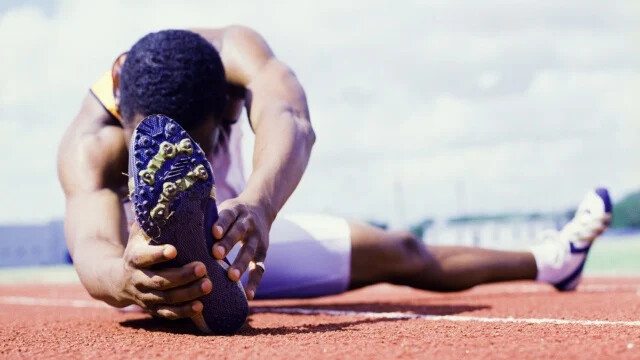Running News Daily
Running News Daily is edited by Bob Anderson. Send your news items to bob@mybestruns.com Advertising opportunities available. Train the Kenyan Way at KATA Kenya and Portugal owned and operated by Bob Anderson. Be sure to catch our movie A Long Run the movie KATA Running Camps and KATA Potato Farms - 31 now open in Kenya! https://kata.ke/
Index to Daily Posts · Sign Up For Updates · Run The World Feed
Should you be spending more time on recovery?
Don't overwhelm yourself with pace and distance, focus more on R&R... Repetition and recovery.
Learning to run can be intimidating, especially when you are getting advice from everyone and their uncle on what to do and how to reach your goal. The goal for every new runner is to get more comfortable running, but when you are just starting, you are generally more prone to injury by overtraining or increasing distance too quickly.

How do you find that proper balance between training and recovery, and what should you prioritize? Oliver Roy-Baillaregon, an ultrarunner and physiotherapist at The Running Clinic in Lac Beauport, Que., says beginners should focus more on how often they run and how good they feel afterward, rather than pace or distance.
“There’s a lot of evidence from clinical research and results that show the importance of consistency for injury prevention and long-term adaptation to training for beginners and elites,” says Roy-Baillargeon. In other words, his approach is to run more but less. “Start small, but try to get out every other day, even if it is five to 10 minutes at a time.”

He also believes that however long you run, beginners should spend the same amount of time on active recovery (i.e., stretching, rolling, cross-training.) “This approach is the safest way to let your body gradually adapt to this new stress on your muscles, tendons, ligaments, joints, etc.,” says Roy-Baillargeon. “The more you focus on recovery, the better your body will become at coping and handling the stress you put on those muscles during a run.”
Training smart and listening to your body sounds simple on paper—like getting better at anything, it takes practice and a routine. “Ensure you are getting in nutritious meals, rest and downtime before or between runs.
“Simple as that,” Roy-Baillargeon laughs.
by Marley Dickinson
Login to leave a comment




